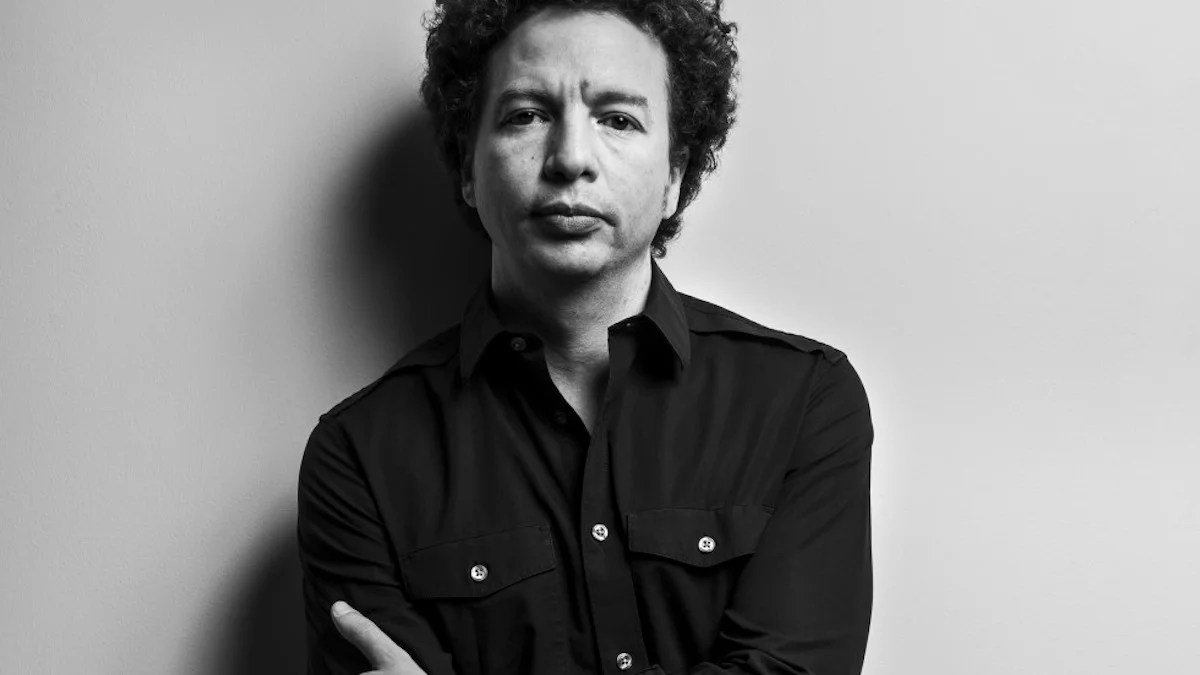Michel’s Franco’s latest film, “Dreams,” is sure to start conversations. Starring Jessica Chastain as a wealthy American and newcomer Isaac Hernández as a Mexican immigrant with incredible talent for ballet, it centers on the fraught relationship that their characters form. Exploring questions of power, abuse and loss, it’s still seeking distribution in the United States, though it screened as part of the 59th Karlovy Vary International Film Festival this week.
The film marks the second collaboration between Franco and Chastain after the 2023 drama “Memory,” which similarly had a central story dealing with abuse. However, where that film found moments of hope, “Dreams” is intentionally cruel, building to an ending that has left festival audiences divided. To hear it from Franco, he wouldn’t have it any other way.
In an interview with TheWrap, the filmmaker discussed working again with Chastain, why he isn’t interested in playing by conventional rules, and a conversation he had with Hernández about concerns he raised.

Without getting into spoilers, how did you talk about this film with your collaborators? How was it when you first went to Jessica Chastain after working on “Memory” together?
The way it happened with Jessica was on a lunch break I told her that I had this other idea that I wasn’t necessarily pitching to her. Jessica and I, we have a very good relationship so it’s very easy to talk without having to think too much with how to say things. Both when I’m directing her and in life, everything is very straightforward. So I told her the thing without the guy being a ballet dancer, just an immigrant. She liked it a lot.
I didn’t know what the end was going to be, exactly. I only understand that he was a ballet dancer so that could be the end. But something similar was going to happen. The first thing Jessica said immediately was it couldn’t be more different from “Memory,” so that’s a good reason to say yes. Plus, we both were enjoying shooting “Memory.” She immediately understood that she’d be portraying a character that would challenge audiences and she wants to do that. She doesn’t want to be comfortable doing crowd-pleasers.

She is playing one of her more cruel, almost hateful, characters, but buried under repressed desire and shame. How did you go about constructing the scenes where it would go from sex to violence, sometimes at the same time?
Well, we both had exactly the same film in our heads. The same goes for Isaac, the new comrade, the ballet dancer — we all had the same film in our heads. The way I work with Jessica especially, or Tim Roth, with actors with that amount of experience and talent, I don’t direct them much. We talk a lot after they read the script, we go scene by scene and we discuss. But there’s a lot of surprise elements. I don’t know what they’re gonna do on the day. We don’t rehearse either. So every morning is just me and the actors and I tell them, “What would you do? Action.” No direction. Jessica has done her homework, she always knows what she’s going to suggest.
Once that makes sense, I invite the cinematographer into the room and we figure out how to shoot it. So yeah, that’s pretty much it. It gets interesting, I shoot in chronological order, so by week three or four, you can pretty much see the film from beginning to past midpoint. And Jessica would join me on every Saturday and we would sit down and watch the film. So she’s also invested in the storytelling to that extent and we may change our decisions according to what we’re seeing. We usually add scenes that aren’t scripted or we simply change things or we realize that we’re repeating ourselves a little bit and so on. She can also see how her character is coming to life. If something is not working for her, we’ll reshoot or whatever. Not that I’m doing what she wants.
You’re collaborators.
Absolutely. If I’m tired at the wheel, I feel like it’s better to let her take over and do the driving for a little while. I trust her to that extent.
When it came to the component of sexual violence and assault, what was the conversation like?
It was present from scratch. In that initial conversation, I did know that she would do something very aggressive to him, then confess, and then something else would come back. The shift of power dynamics was there from the very beginning. It was an unavoidable, terrible direction that everything is inevitably taking.
Jessica also knows that I’m one of the few filmmakers to go far. I mean, only if needed, only if it makes sense. But we’re not shy about that. I think many filmmakers would like to do it and they have the courage and the actors probably too, but studios and producers often prevent that from happening. Because they’re thinking about pleasing the audience and redemption and stuff like that. In a way, I’m taking advantage of film conventions and how lame most movies are. They make it easy to surprise an audience.
Do you think that approach has made it difficult to get distribution? I’m especially thinking in the context of America with questions about immigration.
No, I don’t think so. This is the first movie — I know this isn’t what you’re asking — that comes out on a larger scale in the Czech Republic. And that’s fantastic. I think that has to do with the body of work that I’ve been building, plus the film has attracted enough attention for that to happen. That’s the same for many countries where my films are doing well and they keep finding audiences. Times are challenging for film distribution. Yes, of course if I would make a film that’s more conventional it would be easier to get into the American mainstream.
That’s not your interest?
Well, no, I would love for that to happen and to sell 50 million tickets. But only without sacrificing my vision. If I’m doing what I’m have to do and then it’s successful, I’m very happy. But I wouldn’t change anything trying to chase commercial success.
There are histories of immigrants being demonized as rapists, as violent sexual predators. Was there any concern about that history and the way your film engages with that in a very explicit way?
It was discussed, mainly with Isaac, because he was going to play represent that. For him, it was troubling. But I told him that I was never going to make the film where all Americans are portrayed as evil and the immigrants are just good, with only positive qualities. That would be bulls—. So it made sense on the page and we just kept going in that direction.
There’s also a scene where Mexican authorities left immigrants from Latin American countries and Venezuela to burn alive because they start a riot. That’s based on a real incident that happened in Mexico where 80 people died exactly the way it is depicted in the film. So there’s also that additional layer where Mexican authorities treat other immigrants the way Mexicans and others are treated in the States. I think it’s important to show all slides of things.
When you said that it was troubling for Isaac, how was it troubling?
Well, exactly for what you said. He was afraid to be proving Trump right. I told him I don’t care about that. I care about what this man would do when he learns that he was betrayed in such a way. She says she did it for love and he’s been stripped from power, he’s been powerless forever, he’s been played with. It just seemed like a reaction his character would have. I’m not justifying it, of course.
What was his response?
He was reassured by Jessica, too. He was convinced that had to happen and that we couldn’t do the film we wanted to do without that. So Isaac had to agree. I mean, he knew it from scratch, but that was his biggest point from when he read the script. He wanted to do the film, but he pretty much never acted before, so for him it was interesting and challenging.




